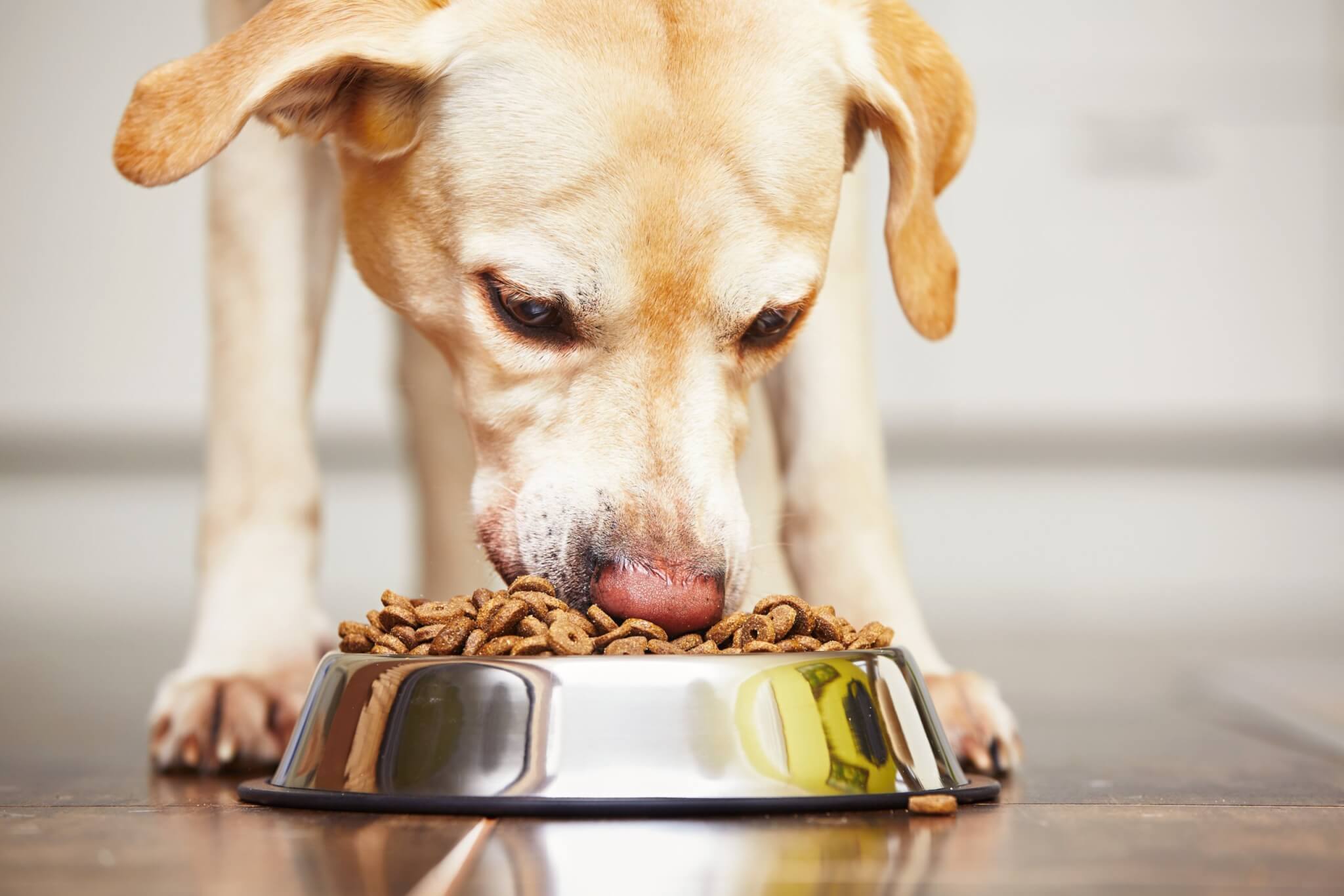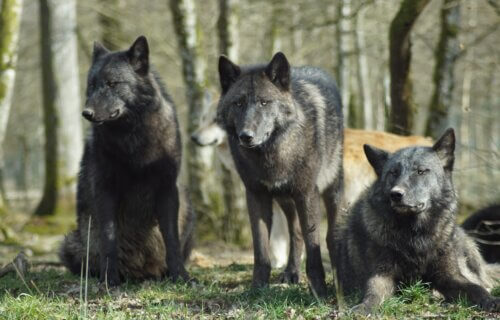BEND, Ore. — Despite major differences in temperament towards humans, wild wolves and the domesticated dogs that so many people call pets are remarkably similar animals. Sharing just under 99 percent of their DNA, it’s hardly a stretch to call these two species closely related cousins. Now, scientists at Oregon State University have developed a new way to put these close genetics to good use. Simply put, wolves may hold the key to better gut health for dogs.
Their study found that certain microbes present in the stomachs of wild wolves appear capable of helping to alleviate a debilitating gastrointestinal condition that is very common among domesticated dogs and puppies. More specifically, study authors explain that a novel strain of Paenibacillus bacteria displayed the characteristics of a probiotic — an organism that conveys health benefits to its host.
So, in this case, the benefit is preventing canine inflammatory bowel disease, a very common condition in dogs known to include symptoms like vomiting, reduced appetite, flatulence, weight loss, and overall abdominal discomfort, according to Bruce Seal of OSU-Cascades’ biology program.
“At present there is no known cure for this ongoing dysbiosis of the gastrointestinal tract, and there are limited options for treatment,” Seal says in a university release. “Underlying causes of the condition include an animal’s genetics, environmental factors, the immunological state of the GI tract and, maybe most importantly, an altered gut microbiome.”

Researchers say this work, which was a joint collaboration between scientists at OSU-Cascades and Oregon State’s Carlson College of Veterinary Medicine, is a key step forward on the path toward developing a dietary supplement or food additive that can steer the composition of a dog’s gut microbiome back towards that of their ancestor: the wolf.
“Dogs were the first domesticated animal,” Seal continues. “The modern dog diet, high in carbohydrates, does not reflect a wolf’s diet – for example, starches in processed dog food are resistant to digestion, and that can have a negative impact on the microbial community in a dog’s GI tract and in turn its gastric physiology.”
To conduct this research, gastrointestinal material was collected from a dead wolf just one day after they died due to injuries sustained from being hit by a car. The team was able to isolate 20 different gut bacteria that preliminary genetic analyses indicate hold probiotic qualities. Moreover, the team performed whole genome sequencing on a novel Paenibacillus strain.
According to Seal, that bacterium encodes enzymes capable of digesting complex carbohydrates including starches, as well as gene systems expressing antimicrobials.
“Non-toxic, spore-forming bacteria promote anti-inflammatory immune responses in the gut and inhibit pathogen growth,” the researcher concludes. “Taking everything into account, this bacterial isolate could be a potential useful probiotic for domestic dogs.”
Moving forward, the research team plans to conduct whole genome sequencing on four or five additional bacterial species among the 20 isolates.
The study is published in the journal Applied Microbiology.
You might also be interested in:
- Best Dog Food In 2023: Top 5 Kibbles Most Recommended By Experts
- Best Dog Probiotics: Top 5 Canine Gut Health Supplements Most Recommended By Experts
- Wolves to dogs: Study finds canine affection for humans linked to oxytocin sensitivity

